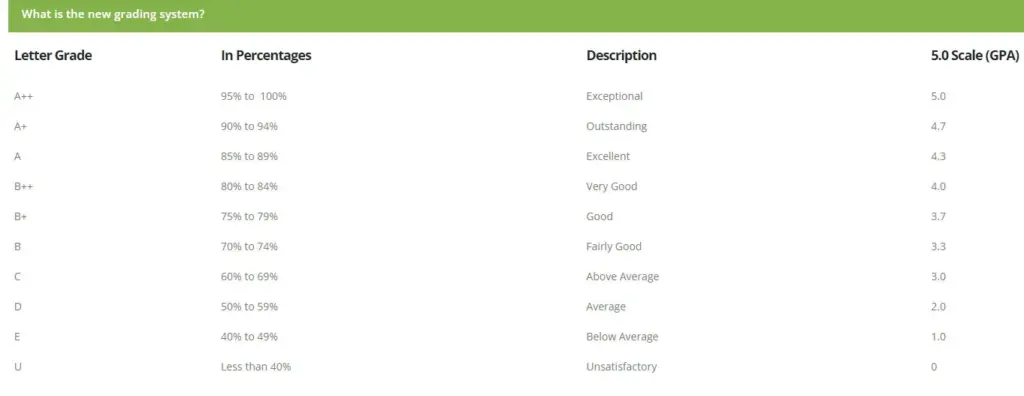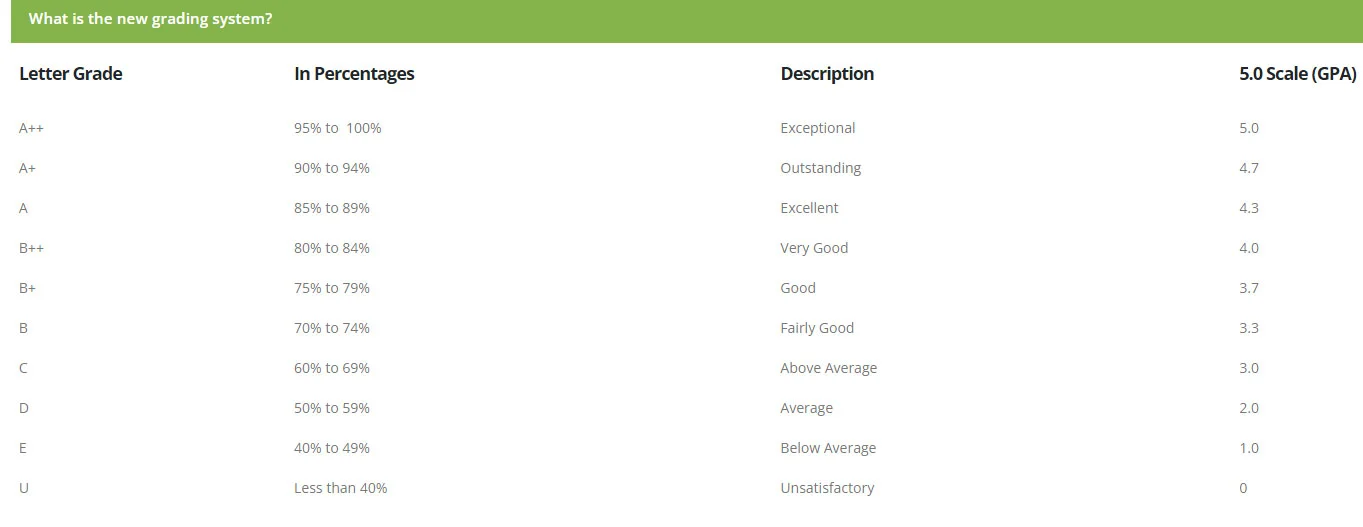Discover the groundbreaking shift in education with the introduction of a 10-point grading system for matric and inter exams by the Inter-Board Committee of Chairmen.
Say goodbye to the marks race and embrace a holistic approach to assessment. Prepare for a transformative educational experience in 2024.
In a move to alleviate students from the intense competition for top marks and to foster a culture of quality education, the Inter-Board Committee of Chairmen (IBCC) has recently unveiled a novel grading system for matric and intermediate examinations nationwide.
The IBCC has declared that the results for the annual examinations of 9th and 11th grades will be disclosed under the newly introduced grading framework starting from the year 2024.
Departing from the previous 7-point system (A-1, A, B, C, D, E, F), the innovative grading system adopts a 10-point scale (A++, A+, A, B++, B+, B, C, D, E, U).

The primary objective of this initiative, as articulated by the IBCC, is to mitigate the competitive atmosphere among students, parents, and educational institutions that centers around securing the highest possible marks. This revamped 10-point grading scheme is designed to refine the assessment and evaluation processes, fostering a more holistic approach to student performance.
Ghulam Ali Mallah, the Chairman of IBCC, emphasized the intention behind this shift during a workshop dedicated to the implementation of the new grading system for Sindh examination boards.
He expressed the desire to liberate students from the race for marks and enhance the overall quality of education. The workshop garnered significant enthusiasm, underscoring the commitment of Sindh Examination Boards to progressive changes in the educational landscape.
Chairman of the Board of Secondary Education Karachi (BSEK), Sharaf Ali Shah, lauded the new grading system, asserting that it would bring relief to both students and teachers. He highlighted the global prevalence of such systems and stressed the need to adapt assessment approaches in line with the evolving education landscape.
Importantly, the alteration in the grading policy does not impact the qualifications, as the scheme of studies remains unchanged. This transition reflects a broader effort to align assessment practices with contemporary educational needs.

